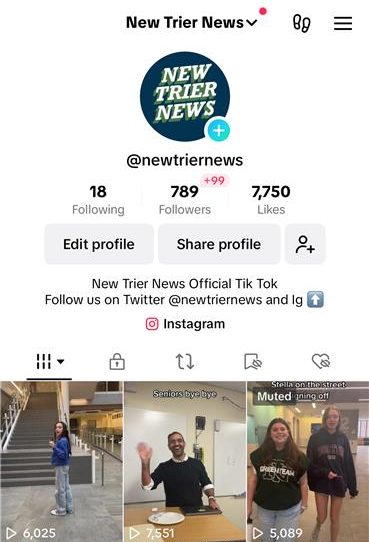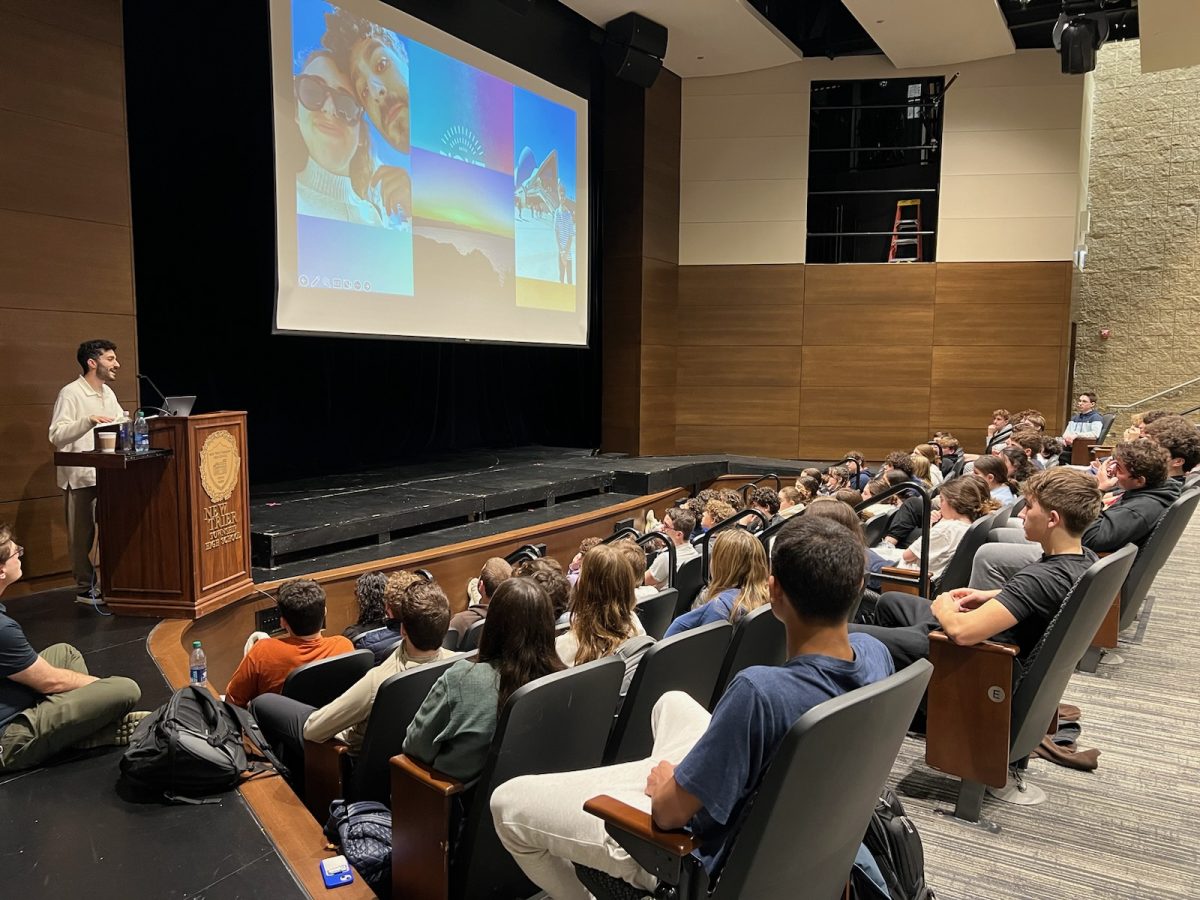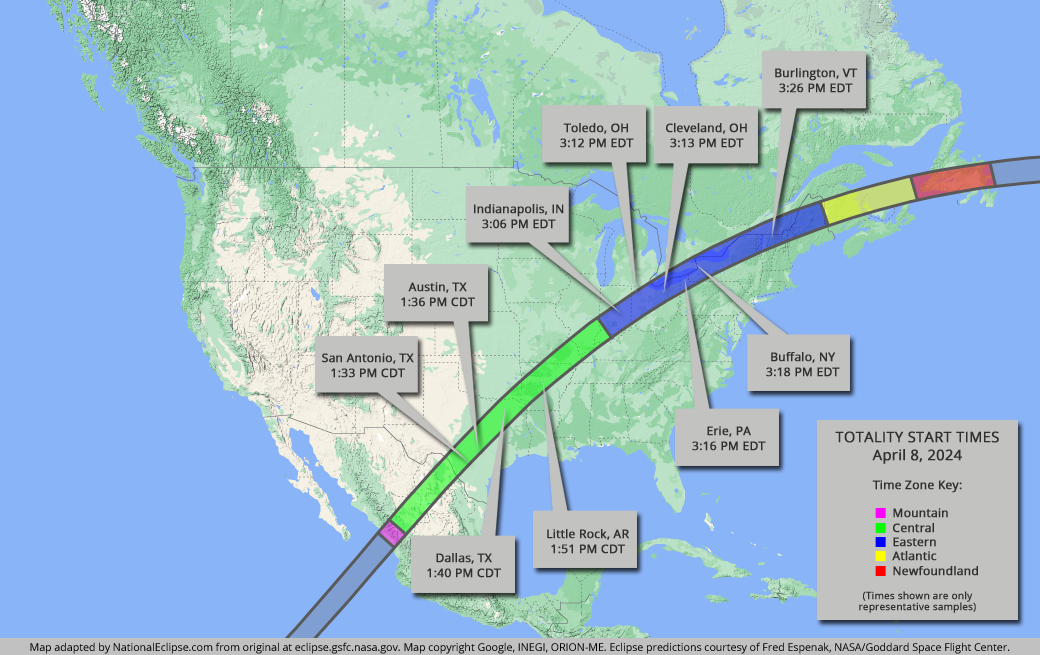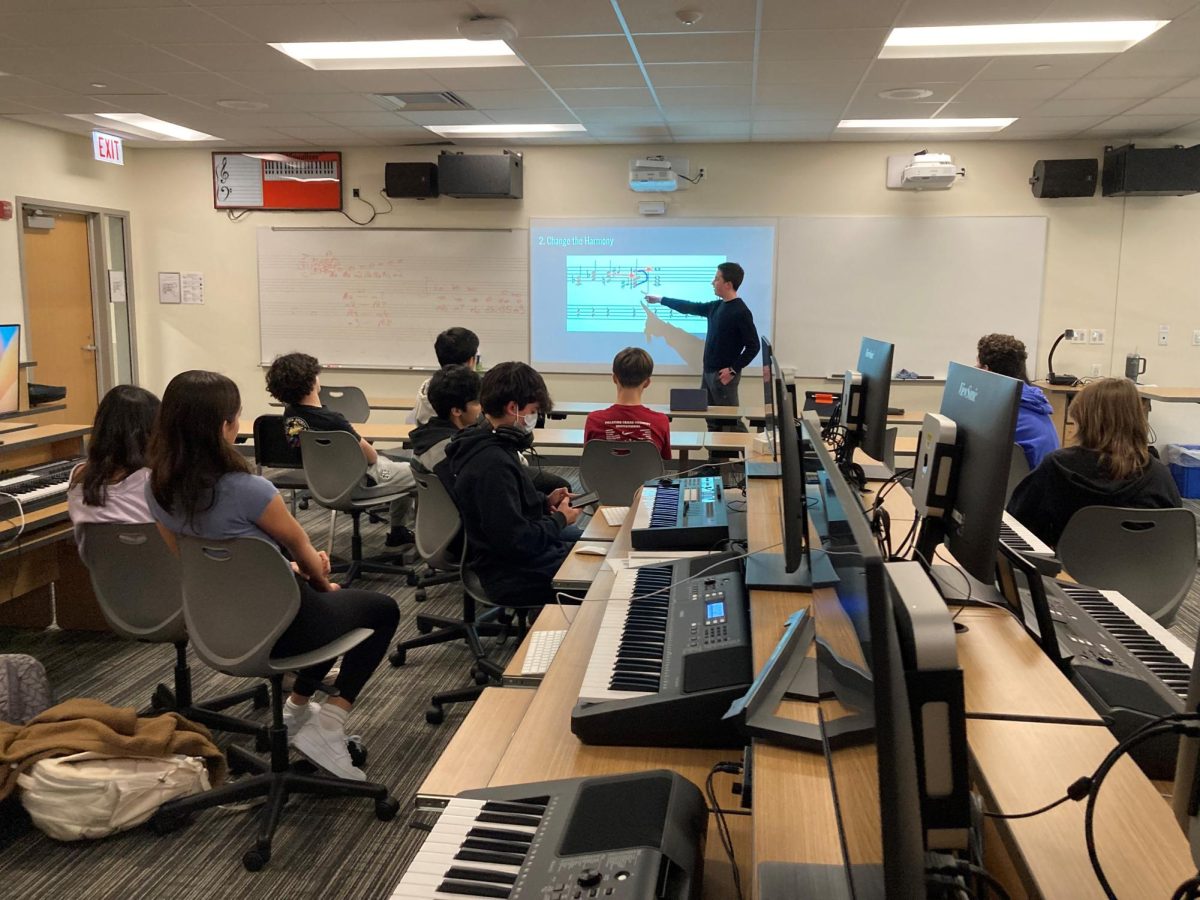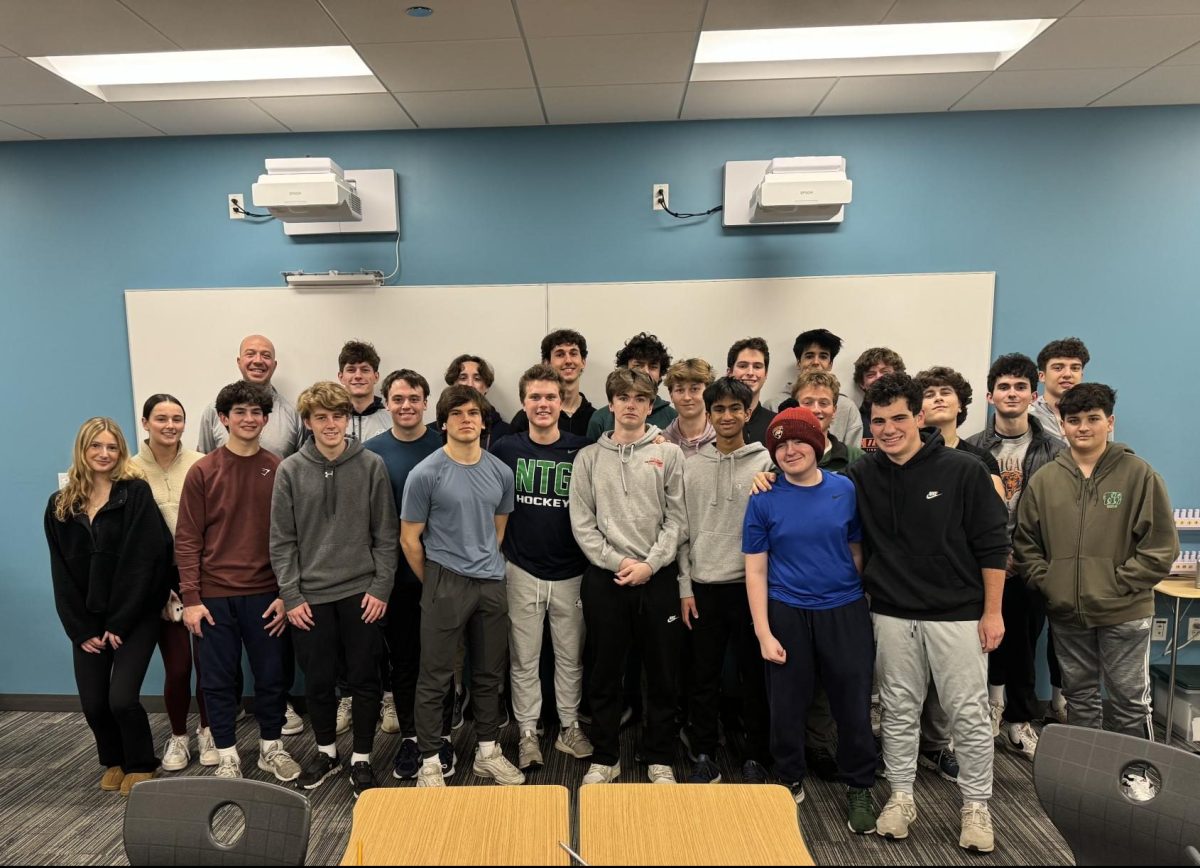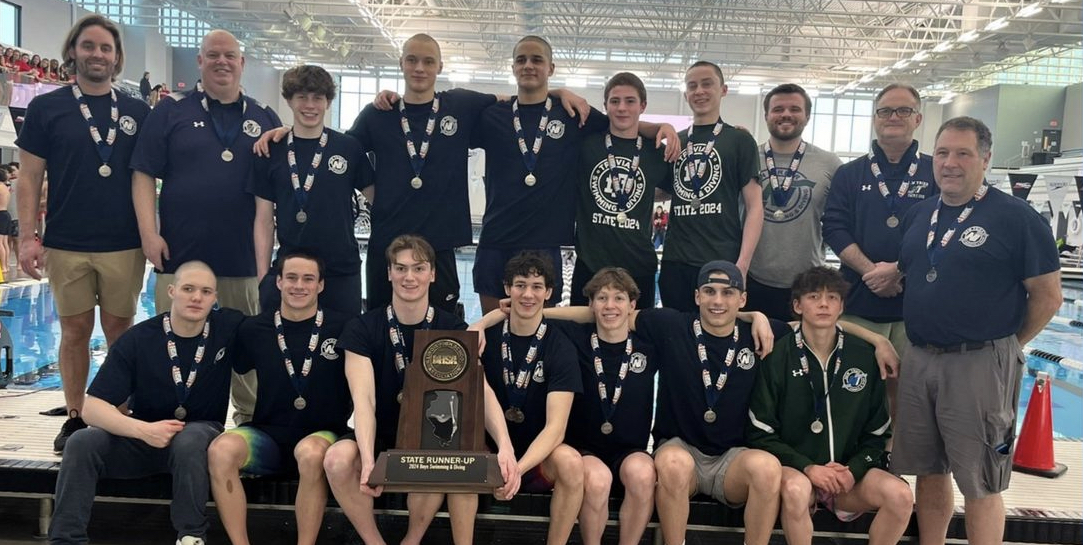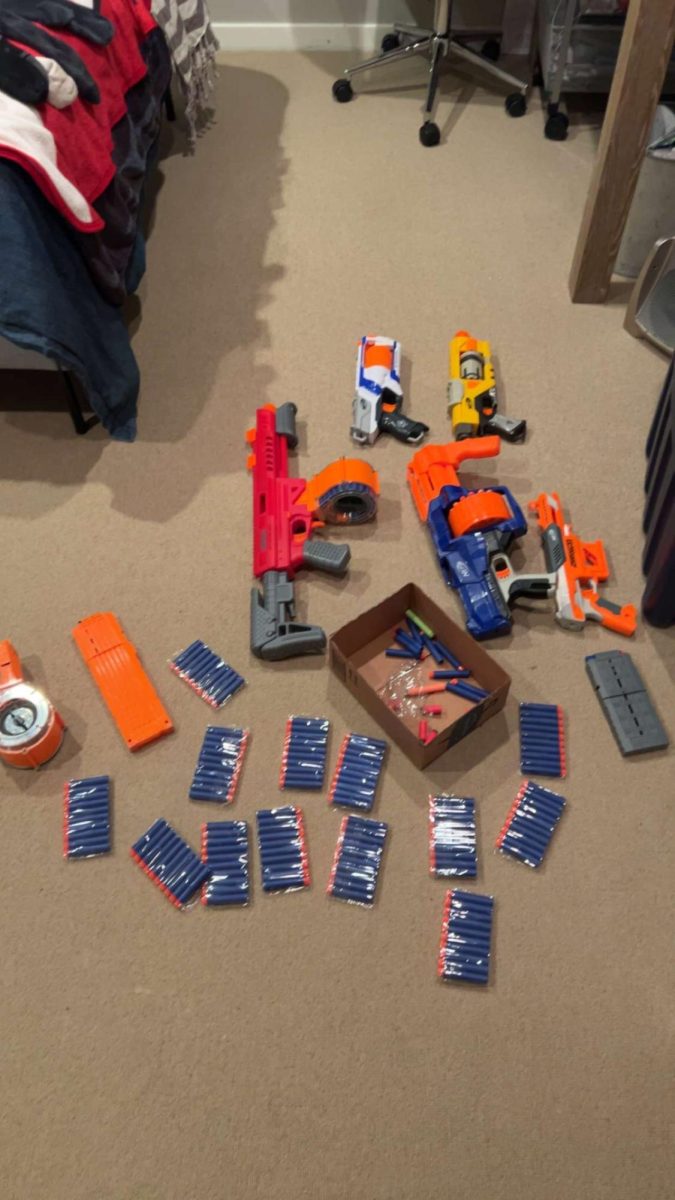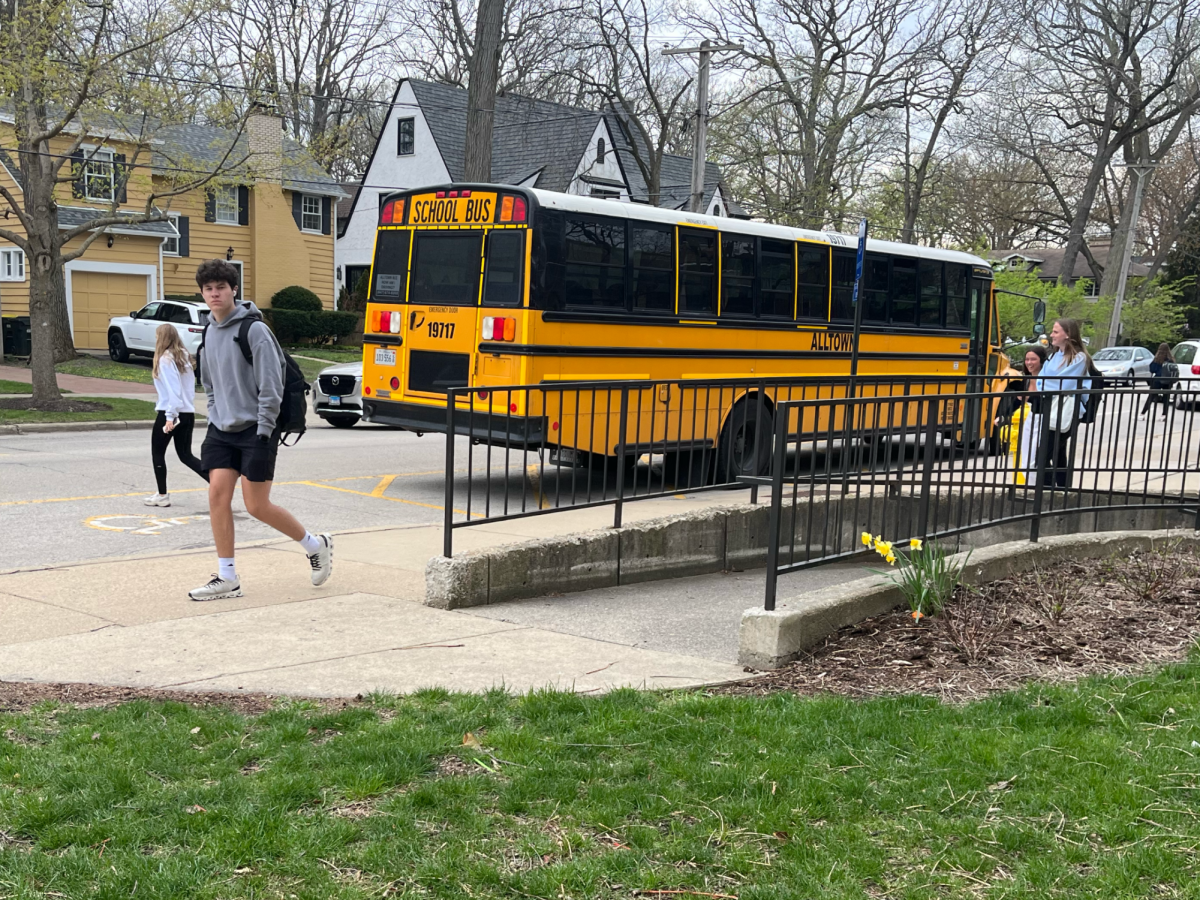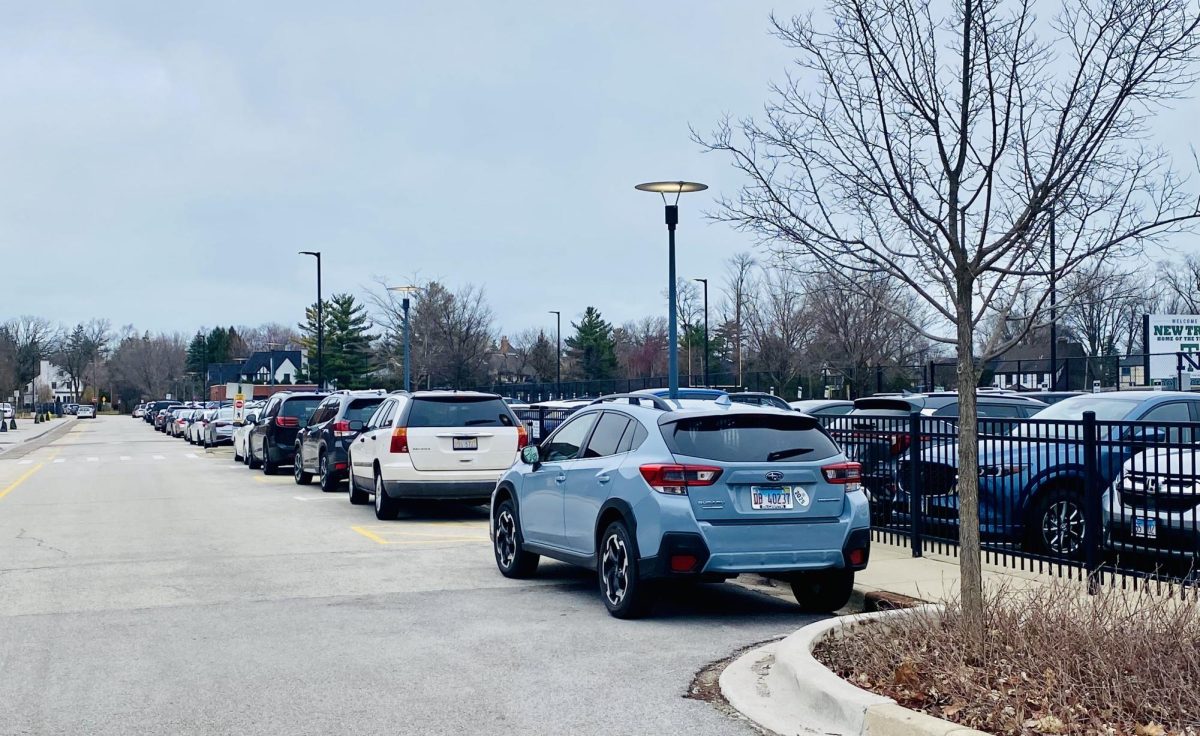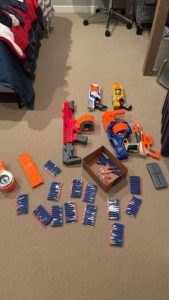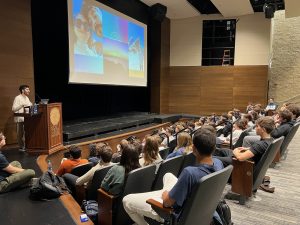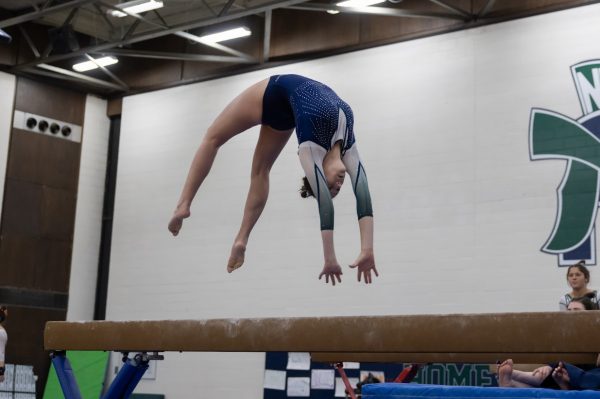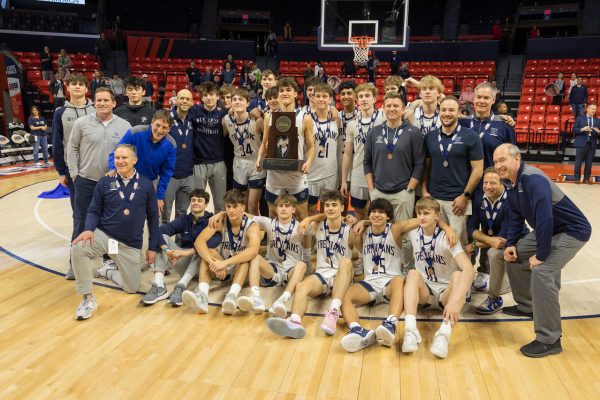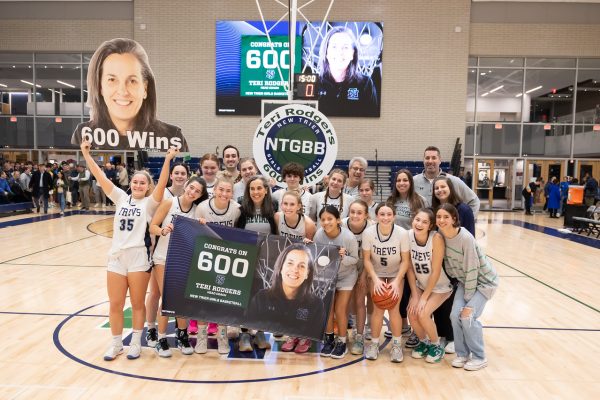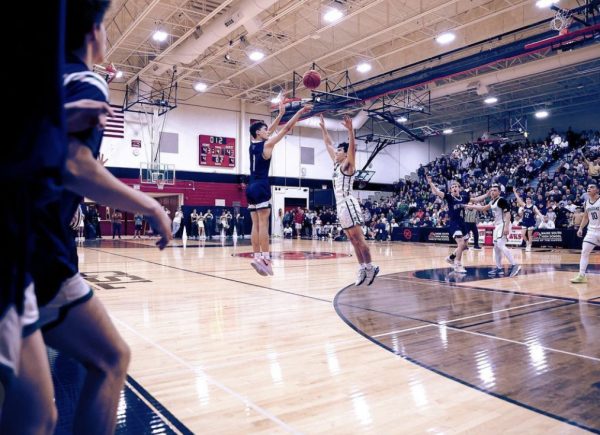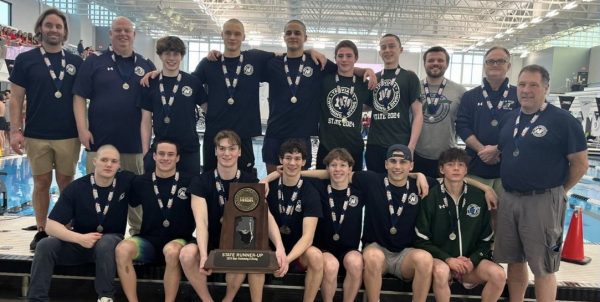An athlete’s season never stops
Offseason training is key for an athlete’s success in season
March 11, 2016
Fall and winter sports competitions are long gone, but athletes can still lace up their sneakers for off-season training.
Athletes can break a sweat throughout the rest of this winter and in the spring, by running in the field house or bench pressing their max load in the Strength and Conditioning room.
Brittany Benson, the field hockey and softball Strength and Conditioning coach, said, “The off-season is a very important time to work on specific skills and work towards goals to accomplish in the upcoming season. The best athletes will take the time during the off-season to prepare for their sport.”
The former Trevian and two-time State field hockey champion stresses that there are more ways to train for your sport than just practicing.
“Strength training is a great way for an athlete to increase their endurance and physical work production,” she said.
However, athletes need to be careful not to get carried away.
“Most strength and conditioning groups at New Trier meet 2-3 times per week and athletes will incorporate other training methods in between. It is crucial that athletes rest while training. An athlete needs to listen to their body when it’s screaming for downtime,” said Benson.
The Strength and Conditioning facilities at both campuses offer students and athletes alike the chance to workout before school and after school.
Benson said, “Each group follows its own specific timeline that is centered around when an individual wishes to achieve peak performance. Therefore, we do not have sessions only for certain teams or certain athletes.”
Athletes can go to Strength and Conditioning on their own free will.
“Due to Illinois High School regulations, we cannot require anyone to be here at any time,” said strength and conditioning coach Alex Nadolna. “If a team wants to come in, then they have to organize it themselves.”
The Strength and Conditioning program is an uncommon luxury for high school athletes. “A lot of schools don’t even have a program to begin with,” said Nadolna.
Cross training in these next seven months aren’t limited to lifting. Boys head soccer coach, Wes Molyneaux, said, “I hope that all the boys play soccer somewhere else during the nine months they’re not playing for the high school. If you’re not playing soccer, the ability to improve is going to go down.”
Skipping off-season is a great way to stand out on a team in the worst way.
“The natural consequence of not doing off-season training is not making the team you wanted. The other natural consequence is injury. If you aren’t playing during the off season and you’re not using those muscles, when you come out to a tryout in the fall that increased workload may feel greater than it is for the guys who have been playing,” said Molyneaux.
Coaches can easily tell which athletes have been training on the off season. “Sometimes coaches are happily surprised with the development of certain players. Likewise, I think there are also times where boys come back after the winter, spring and summer and you’re a little surprised that they haven’t improved,” said Molyneaux.
Missing out on off-season training doesn’t mean that an athlete can’t make contributions to their teams. Mac Guy, the head girls swim coach, said, “If a kid doesn’t train in the off-season it doesn’t necessarily mean that they don’t take it seriously.


